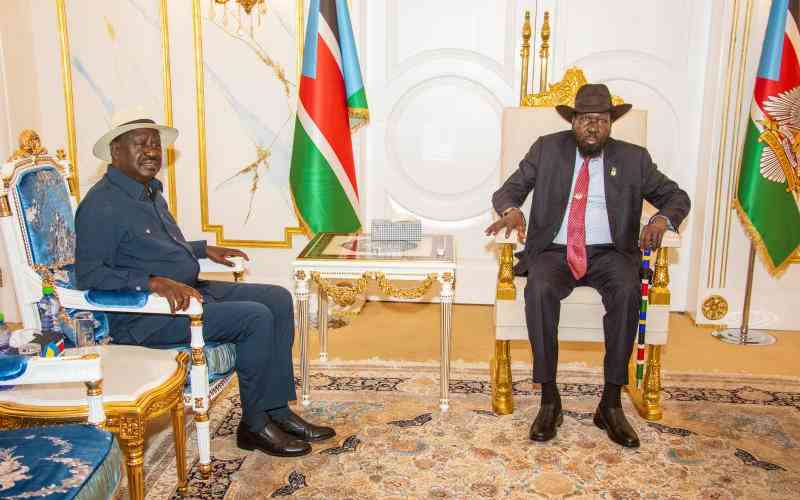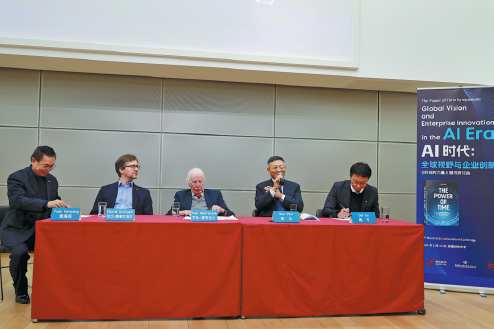AI advances not domain of single player - Chinadaily.com.cn
The world is big enough for hundreds of countries, including the United States and China, to co-develop artificial intelligence, and Washington's sanctions on high-tech sectors will only steel Beijing's resolve to drive homegrown innovation, said leading industry experts at the ongoing Boao Forum for Asia Annual Conference 2025 on Thursday.
Zeng Yi, a member of United Nations' high-level advisory body on AI and a researcher at the Chinese Academy of Sciences' Institute of Automation, said: "The future of AI is not decided by a handful of countries, but by nearly 200 countries and regions. The world is wide enough to embrace both the US and China to co-develop AI."
The comments were made at this year's BFA, where AI sits center stage and is garnering international attention from dazzling tech showcases and spirited debates at different high-level subforums.
Earlier this week, the US added dozens of additional Chinese entities, including leading AI institute — the Beijing Academy of Artificial Intelligence (BAAI) and tech firm Inspur Group — to its export restrictions list. The BAAI said in a reply to China Daily that the US decision contradicts the spirit of scientific innovation and global cooperation, thus severely undermining openness in AI research and development.
Zheng Yongnian, dean of the School of Public Policy at the Chinese University of Hong Kong (Shenzhen), criticized the inclusion of Chinese companies in restrictive measures aimed at hindering China's AI progress as "unwise".
"China possesses significant advantages in application scenarios, with the government actively promoting the AI Plus strategy to expedite technological implementation. US sanctions on technologies have, paradoxically, spurred China to intensify investments in these areas and foster indigenous innovation," Zheng said.
"If China's AI technologies continue to evolve at the current pace, within 10 to 15 years, the US might find itself relying on China's original innovations in certain sectors," he added.
Carl Fey, professor of strategy at BI Norwegian Business School, said that while US tech restrictions may cause short-term pain for China, they will ultimately compel the latter to fortify its technological base and sharpen its global competitiveness.
Fey warned that measures like tariffs and export bans not only slow global tech progress, but also backfire by accelerating domestic innovation.
A group of participants at this year's forum noted a case in point is DeepSeek — a low-cost, open-source AI model that is transforming the industry landscape. Its accessible architecture enables rapid deployment, and widespread use may reshape the AI future globally, a vision where AI, like water or electricity, becomes a basic utility available to everyone.
Jiang Xiaojuan, a professor at the University of Chinese Academy of Social Sciences, said that DeepSeek is breaking monopolies and ushering in a new era of vigorous competition, converting technical know-how into industrial might.
"In a competitive market, these challenges will naturally be resolved by the forces of the market itself," Jiang said.










